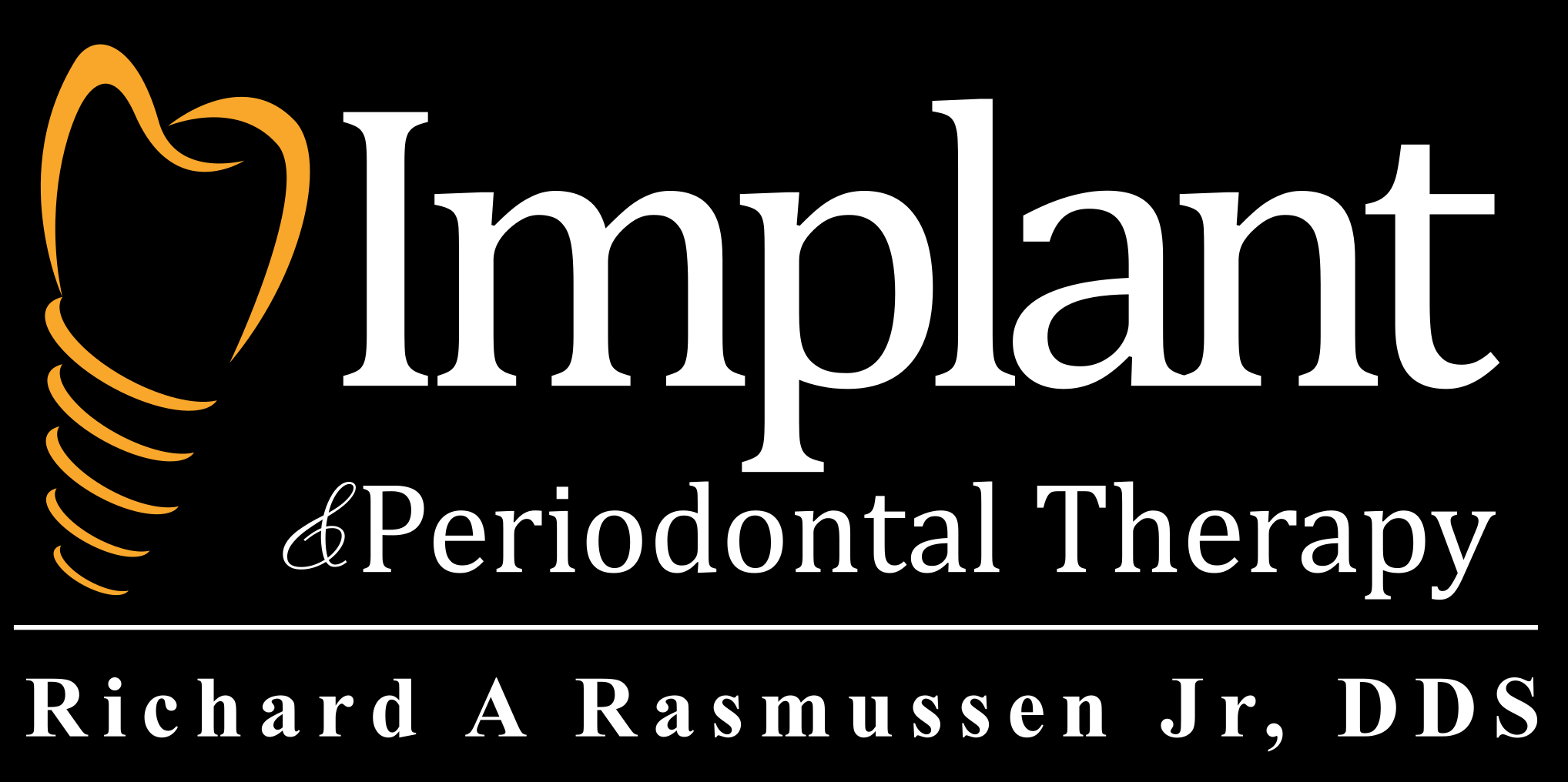Teeth Extractions
General Tooth extraction
There are many reasons why a patient would need a surgical tooth extraction: loose teeth, decayed teeth (commonly known as cavities), periodontal disease, traumatized teeth, fractured teeth, etc. Whether it is one tooth, a few teeth, all the remaining teeth, our periodontal surgeons will remove the affected tooth/teeth with great care and expertise to minimize any discomfort (during or after) and any trauma to the adjacent teeth. They will also ensure that any source of infection would be removed from the area with site debridement.
Site preservation with bone graft
In addition, our periodontal surgeons will preserve the site during the extraction to prevent adjacent teeth from shifting and to prevent the jawbone from degenerating. They will place bone substitute in the socket after removing the tooth/teeth so that your body will regenerate new bone in the area after healing. This will give you the option of dental implant placement in the future.
Do You Need Wisdom Teeth Extracted?
Third molars, commonly known as wisdom teeth, are the last teeth to develop and appear in your mouth. During development, wisdom teeth can be fully exposed or become impacted. A wisdom tooth is considered to be impacted when it is unable to fully enter the mouth. For the majority of people, wisdom teeth become impacted because there is a lack of room for the teeth to break through the gums. When impacted teeth are left in the mouth, they may lead to additional complications. One of the major concerns of impacted teeth are that they may damage neighboring teeth or become infected. In some cases, pathologies such as odontogenic cysts and tumors may grow around the base of the wisdom tooth.
Additional indications for the removal of an impacted wisdom tooth include:
orthodontic considerations
root resorption of adjacent teeth
prevention of jaw fracture
management of unexplained pain
Due to the risk of complications and pain, patients are often recommended to have their wisdom teeth extracted, especially during young adulthood. If wisdom teeth are extracted before a patient turns 20 years old, the surgery is almost always less complicated. Fewer complications occur because the roots are not fully formed. Extractions can be performed with just local anesthesia (numbing). However, for patients who are anxious, we have sedation options available; we can perform nitrous oxide (laughing gas), oral sedation, or IV sedation to give the best patient experience possible.
X-Ray of wisdom teeth prior to removal
If you currently have fully exposed wisdom teeth, it is still recommended that you have them evaluated for the risk of developing diseases. Even if they are not causing pain, third molars are located in the areas of the mouth that are hard to clean. Since it is more difficult to clean these areas, it may introduce bacteria that could increase the risk of developing periodontal disease.
If you need an evaluation and/or treatment for your impacted wisdom teeth, please call our practice. We would be more than happy to assist you.




